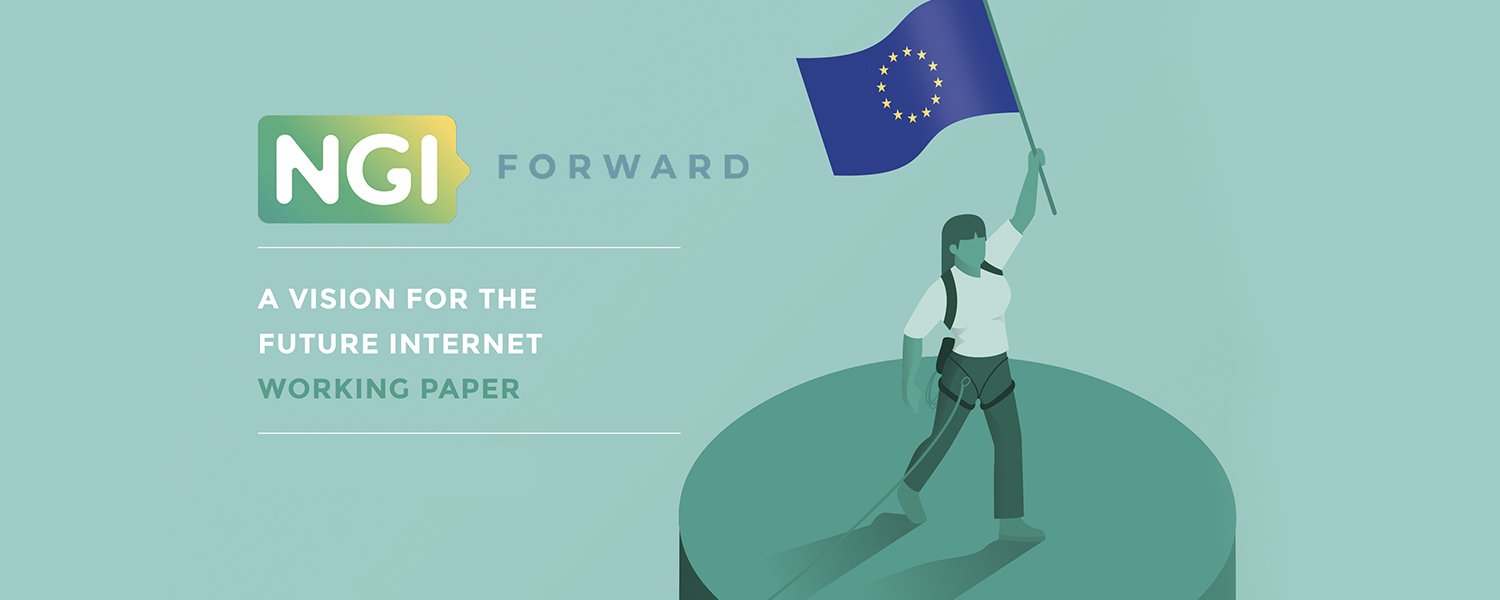The vision for a next generation, human-centric Internet in Europe by 2030 generated discussions and contributions from a wide community at the at the recently-held NGI Summit.
NGI’s Policy Summit: event recap
The NGI initiative successfully held its first annual NGI Policy Summit, organised by NGI Forward, the City of Amsterdam and Nesta. The online policy summit gathered more than 650 policymakers, civil society leaders, and others interested in shaping a more democratic and resilient future Internet.
The Summit consisted of two days of challenging debate and interactive workshops, on 28 and 29 September 2020. The focus moved beyond diagnosis towards concrete solutions. What are the building blocks – from policy interventions to technology solutions – cities, member states and the European Union should seize on to build a better Internet? Presenters and participants discussed a wide range of key topics, from the promise of online identity to the sustainability of the Internet’s underlying infrastructures. From harnessing collective intelligence to regulating facial recognition technology.
Across twelve plenary sessions and nearly thirty workshops, one central theme in particular kept reemerging: the global COVID-19 pandemic. COVID-19 has revealed and in many cases worsened existing issues, but has also provided Europe with an urgent opportunity to take charge of shaping the future trajectory of the Internet. This means showing courage not just in regulating the digital economy, but also proactively developing alternative, value-led technology. The Next Generation Internet initiative provides a powerful platform through which to do just that.
Missed our event? View the individual videos of each session under the NGI Policy Summit playlist on YouTube.
If you want to read a report of the event, you can find it here on the NGI Forward website.
Launch of the world’s first AI Registry
At the Summit, The City of Amsterdam’s deputy mayor, Touria Meliani, launched the world’s first AI registry, co-designed by Amsterdam and the City of Helsinki. This AI registry provides citizens with a powerful tool to understand how algorithms are being used by their local governments to make decisions, putting principles of fairness and accountability into practice. Read more about it here.
Policy leader involvement
To make our vision a reality, Europe must mobilise its full ecosystem, with interventions necessary on the local, national and supranational level. The Summit featured leading policymakers across all layers of governance, including four MEPs, high-level representatives from the European Commission, a former President, a Digital Minister, and CTOs of leading digital cities from around the world.
Launch of the NGI Vision for 2030
The new working paper, launched at the Summit, sets out an ambitious but tangible vision for how Europe can take charge of shaping a more democratic, resilient, sustainable, trustworthy and inclusive future Internet by 2030.
This paper, released NGI Forward project (the policy and strategy arm of the NGI initiative):
- takes a holistic view in identifying the key challenges we face on the internet today across all layers of the stack;
- sets out an ambitious vision for what a future internet that better serves the public interest could look like;
- makes this vision concrete by setting out a comprehensive mission and set of bold policy proposals that could help us achieve our aims.
This vision comes at an important time, as the European Commission has announced its own bold plans to ensure the post-COVID-19 recovery helps further the twin digital and green transition. This is the moment to ensure the internet itself is geared up to contribute to these ambitious aims, and that all can benefit equally, through levelling the playing field in the digital economy.
You can find a summary and the long-form version of this paper here. You can download the full report here. If you have comments or want to further explore aspects of this vision with us, do not hesitate to get in touch.


